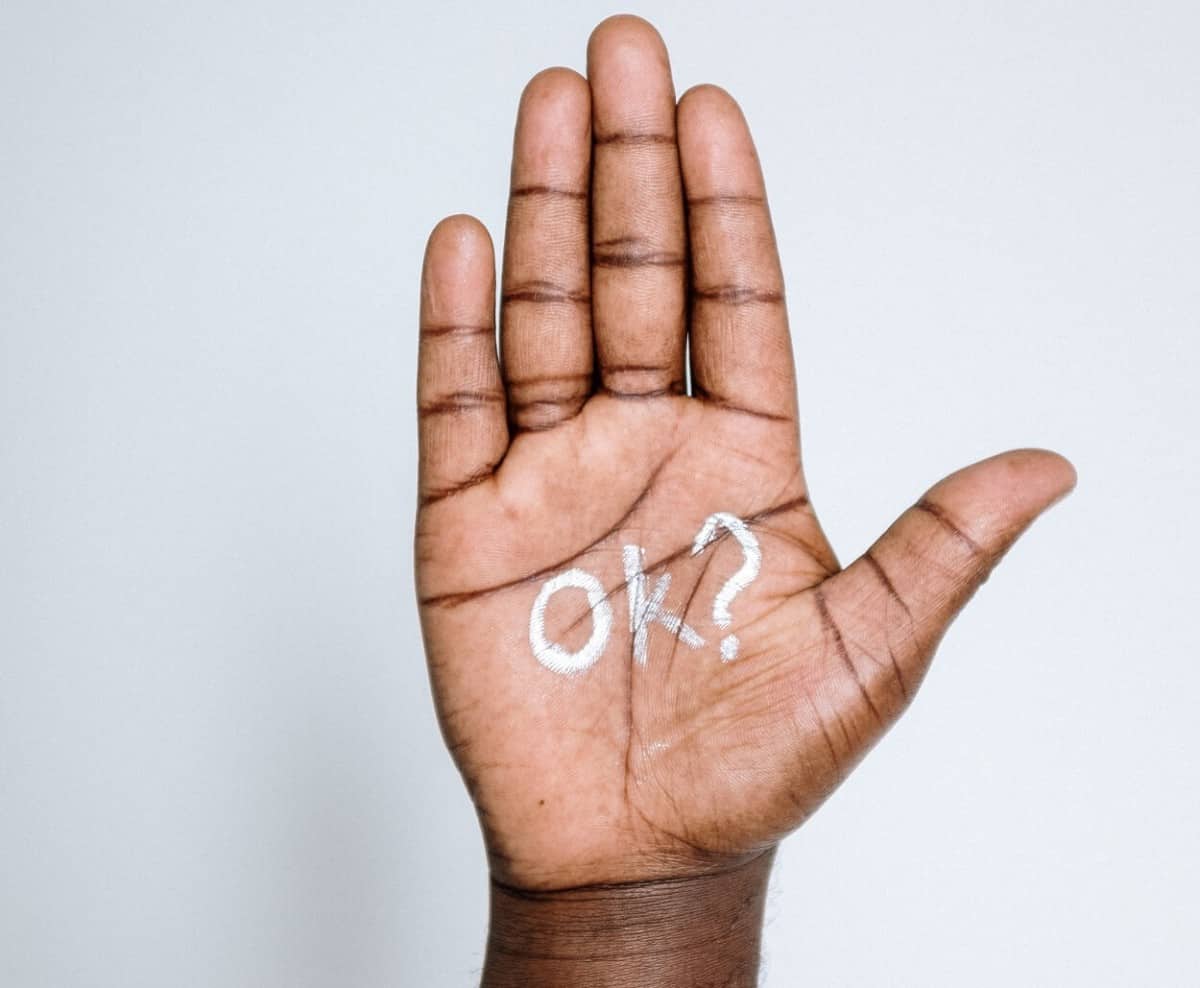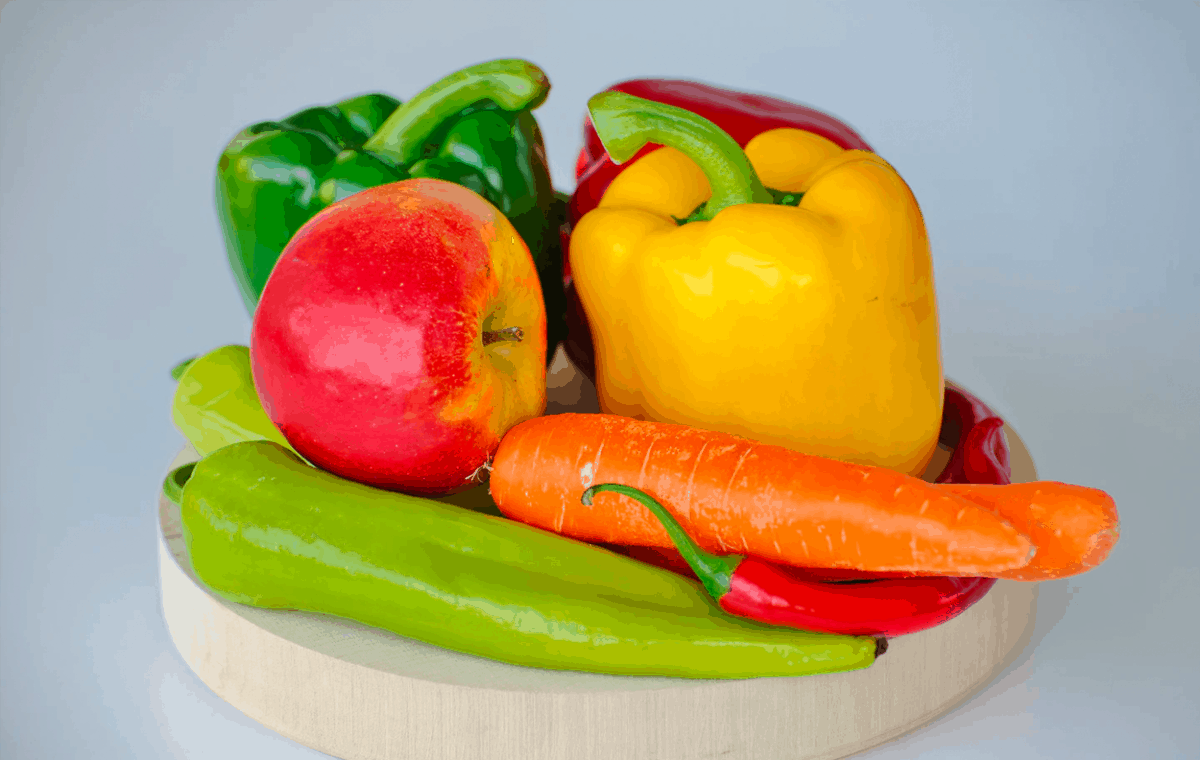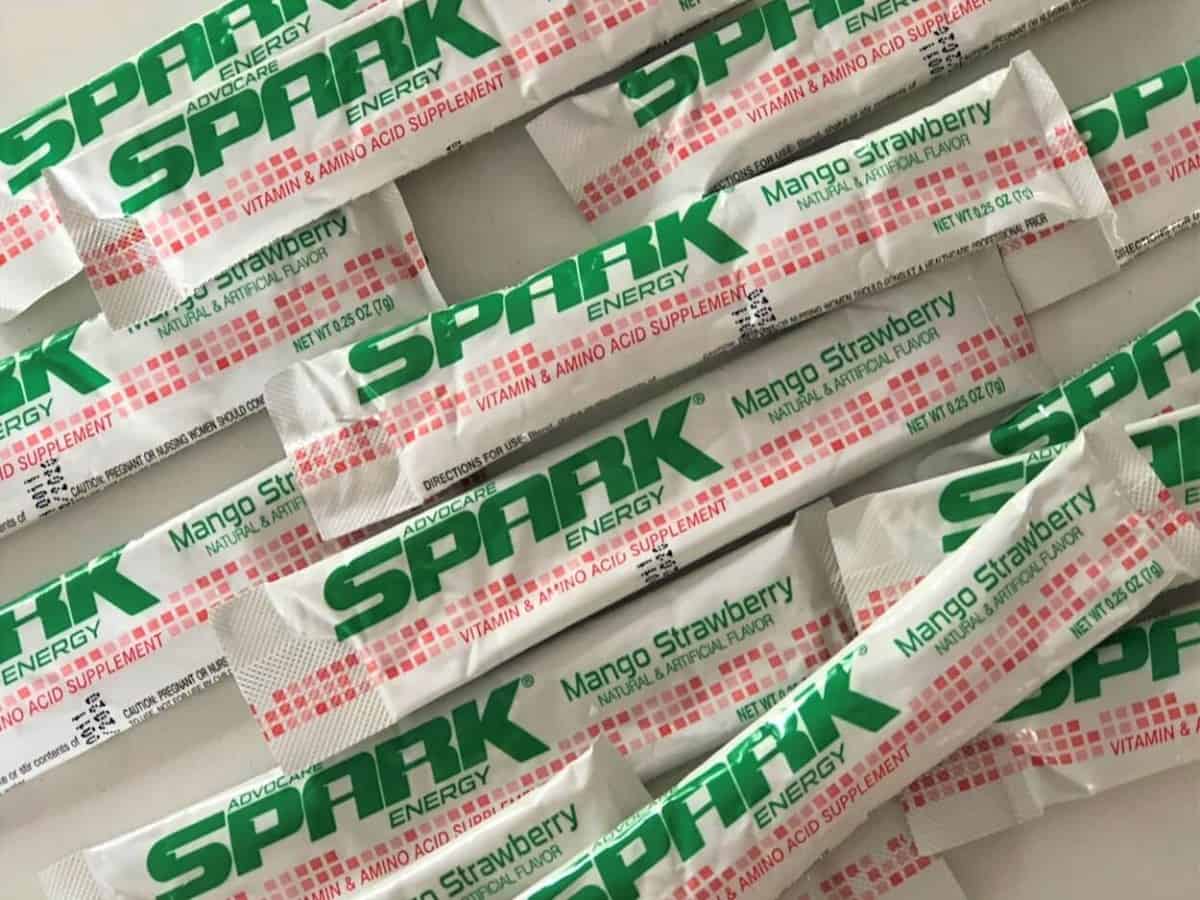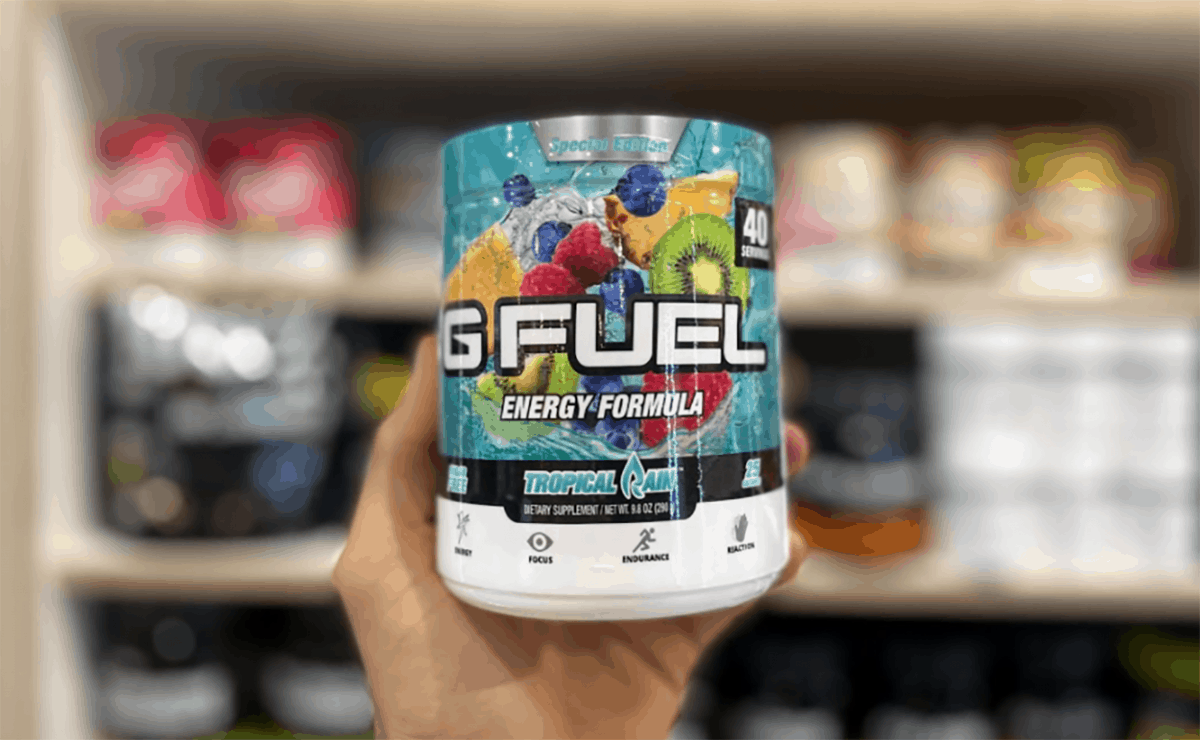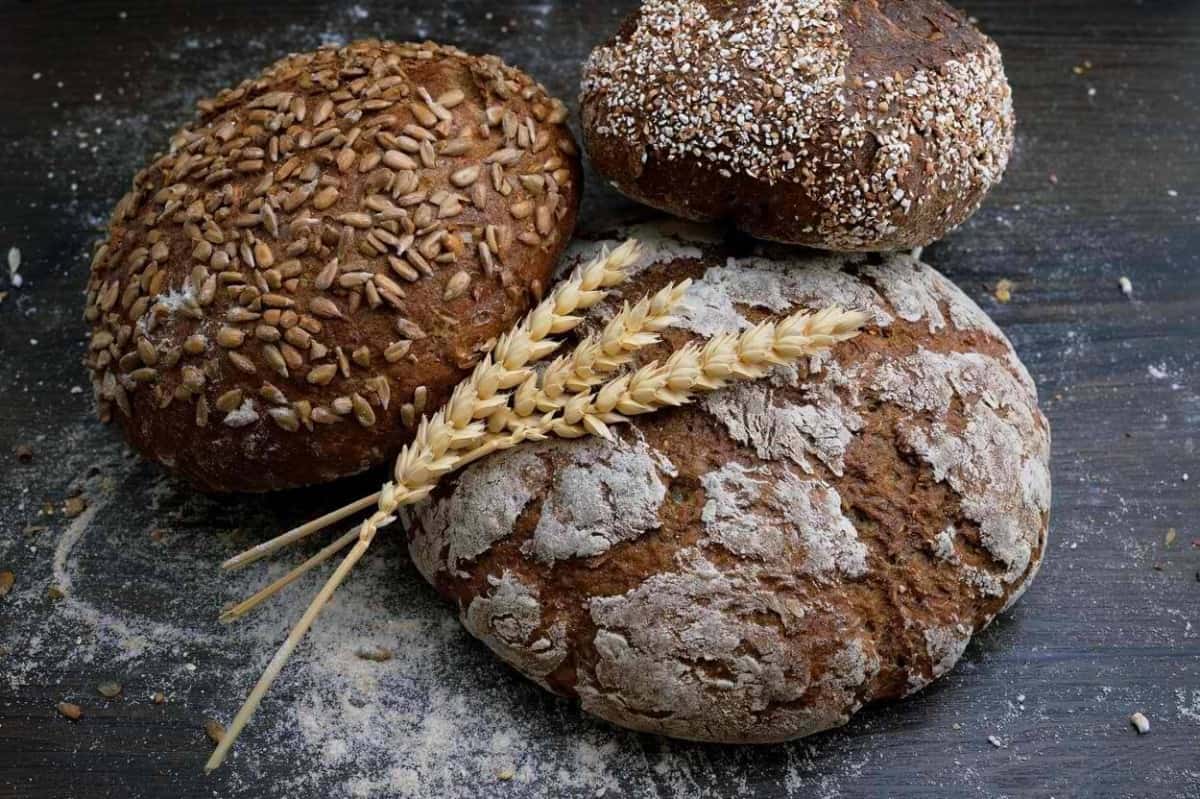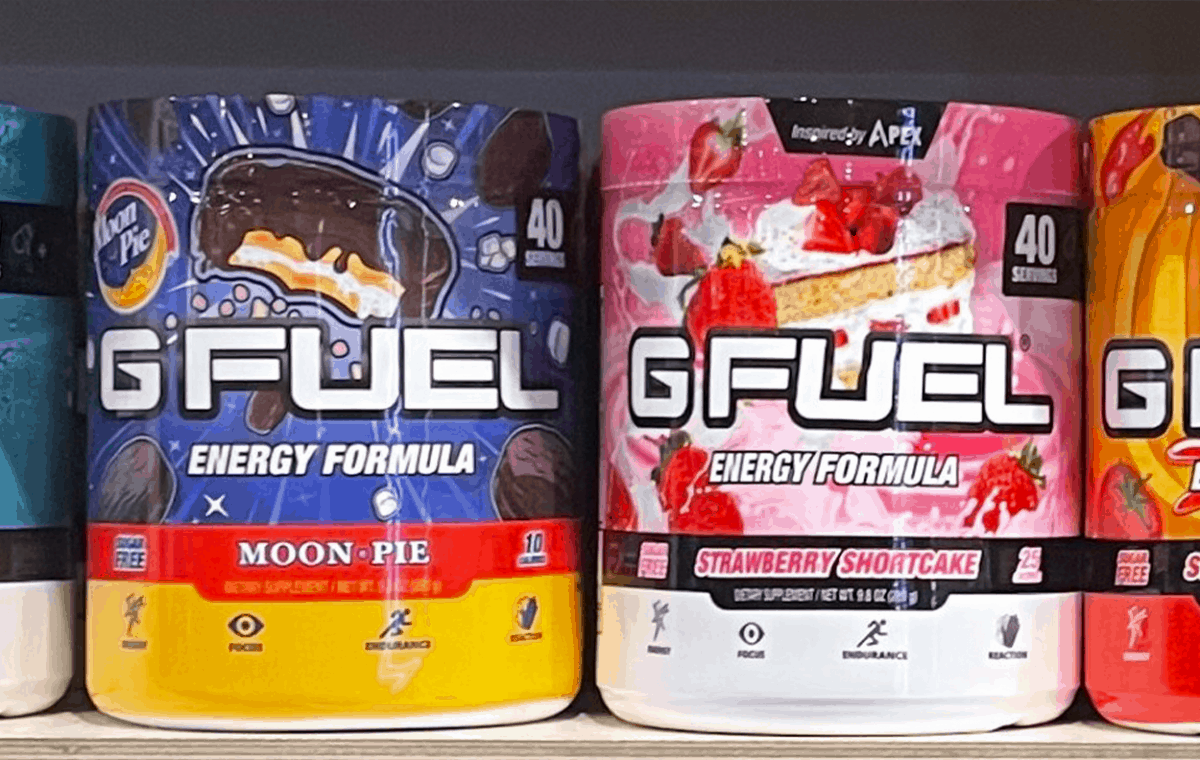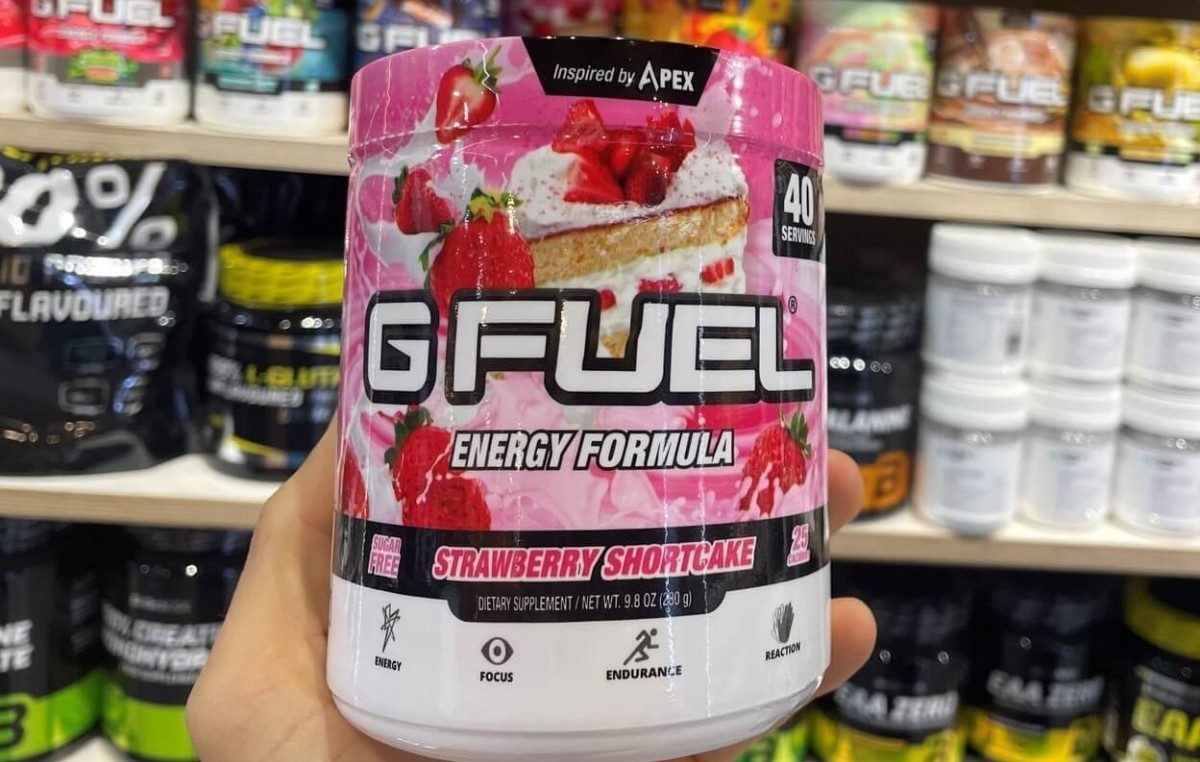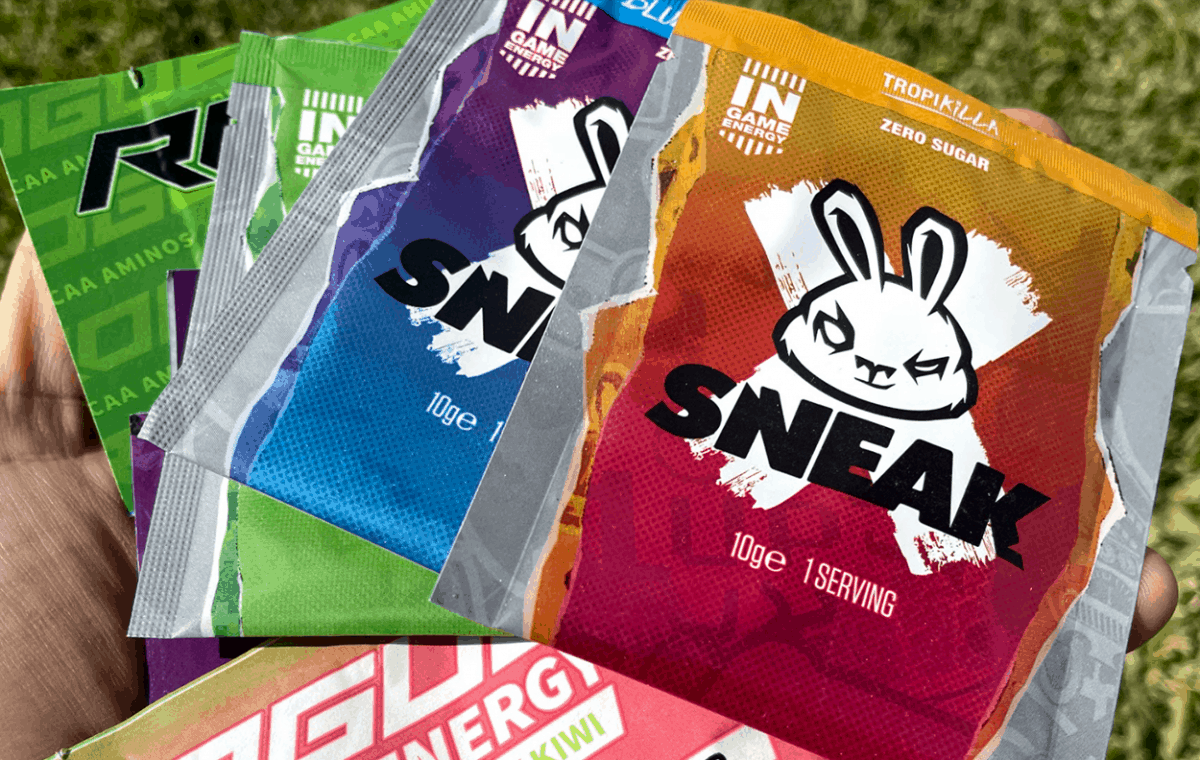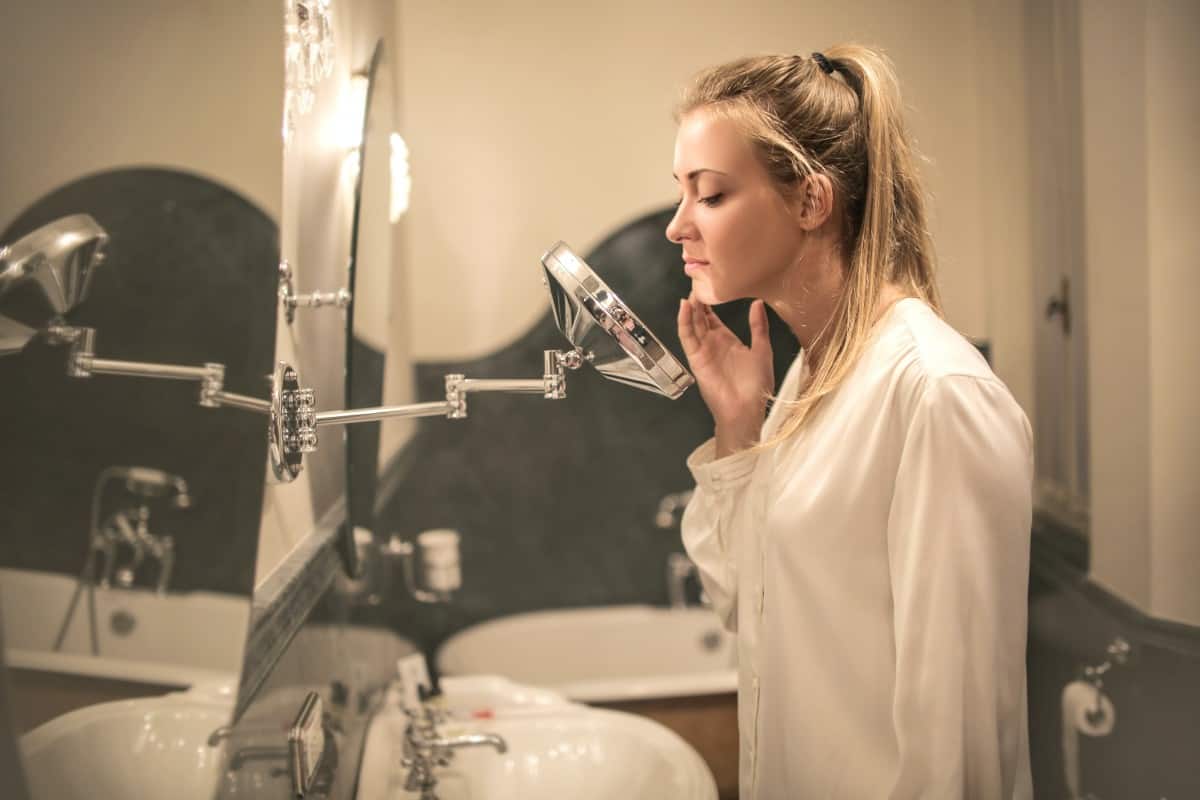
Can Energy Powder Drinks Make You Breakout/Acne? (Truth)
Summary: Caffeine and sugar are active components of energy powder drinks that can cause acne. It boosts stress response, further affecting your hormones and eventually causing outbreaks.
Acne and pimples are issues that many individuals today deal with. Additionally, some pimples are so nasty that you might not be able to manage them with just makeup.
To prevent further outbreaks, it is crucial to understand the causes of acne, which affect many people at some time in their lives.
Numerous people I’ve observed have complained about acne after consuming energy-powder drinks.
It’s critical to comprehend the scientific basis for acne development. Acne can result from the main ingredients in energy-powder drinks, such as caffeine and sugar. Acne and pimples have been linked to both of these substances.
Let’s investigate the components of energy powder drinks to learn which parts trigger acne and why they do so!
Contents
What Is Acne?
A condition of the oil glands and hair follicles is acne (sebaceous glands). The sebaceous glands release oils (sebum) to keep the skin moist. Acne and cysts can develop as a result of clogged glands.
Acne occurs frequently. Acne affects people of all ages and races. It will have an impact on the majority of Americans between the ages of 11 and 30. Acne can affect adults as old as 40 and 50.
The sebum typically produced moves to the skin through the hair follicles. Skin cells, however, might obstruct the follicles. This may block sebum.
Skin microorganisms start to proliferate inside blocked follicles as a result. The result is inflammation and pimples.
Common types of acne are:
- Blackheads
- Whiteheads
- Papules
- Pustules
- Cysts
Acne may develop as a result of puberty’s rising hormone levels. Acne is frequently inherited, too. The following may also contribute to acne:
- Medications
- Poor diet
- Birth control pills
- Menstruation
- Hereditary
How To Treat Acne?

Your healthcare professional will decide what course of action is best for you after considering your age, general health, the severity of the acne, and other variables.
Scarring and appearance are the main goals of acne treatment. The use of topical creams or oral pills for the treatment of acne is an option.
Your healthcare professional must prescribe these medications. A combination of both kinds of drugs may be suggested in some circumstances.
Acne is frequently treated with topical prescription medications. These could be a cream, gel, lotion, or solution.
Some examples are:
- Benzoyl peroxide
- Antibiotics
- Retinoids
Women can use spironolactone or birth control to alter hormones and manage acne. Laser photodynamic treatment is used to treat moderate to severe acne.
A prescription drug called isotretinoin is given orally to treat severe, cystic, or inflammatory acne. When other techniques fail to prevent significant scarring, it is used.
Ingredients In An Energy Powder Drink Causing Acne
The main ingredients of energy powdered drinks are B vitamins, taurine, glucuronolactone, caffeine, guarana, antioxidants, ginkgo Biloba, l-carnitine, carbs, ginseng, and trace minerals.
- Sugar
- Caffeine
- Guarana
- Taurine
- Citric Acid
Sugar
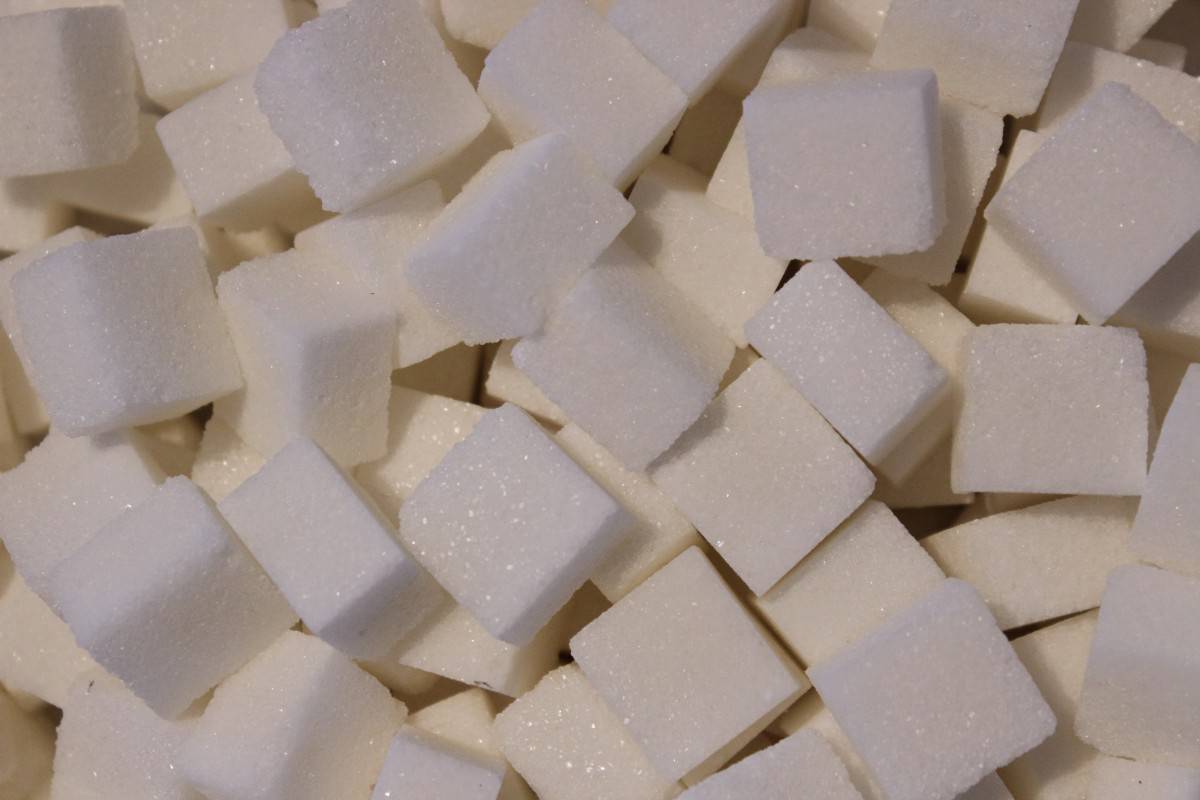
Sugar is a calorically dense sweetener that can lead to weight gain, diabetes, high blood pressure, and many other problems.
But have you ever observed that consuming energy powder drinks makes you break out in pimples?
Well, it shouldn’t come as a surprise as we consume everyday substances like sugar that can result in acne and pimples.
Consuming sugar might increase your blood sugar levels and promote inflammation.
The blood sugar surge increases sebum production. Acne can be brought on by sebum and inflammation brought on by a blood sugar surge.
The American Heart Association (AHA) recommends a tougher added-sugar limit of no more than 100 calories or 6 teaspoons per day for the majority of adult women and no more than 150 calories or 9 teaspoons per day for the majority of adult men.
Taurine
Taurine is a recognized amino acid that supports metabolism and improves the health of the eyes, heart, and even muscles.
People who take taurine, particularly females between the ages of 20 and 29, are more likely to develop acne.
The phase IV clinical investigation examines persons who consume taurine and have acne.
It was developed by eHealthMe based on FDA reports of 729 people who experienced side effects from using taurine, and it is continually updated.
B-Vitamin
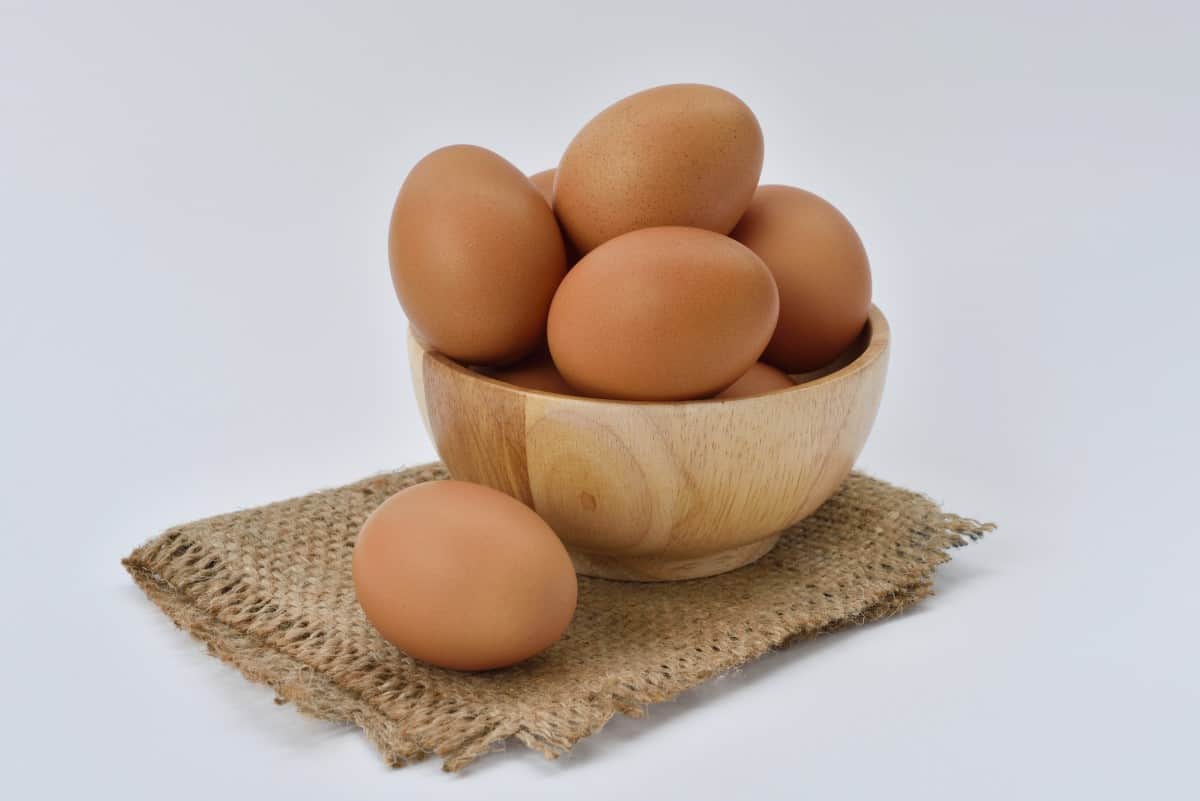
Vitamin B12, which is necessary for the creation of your red blood cells, might cause breakouts.
A 2015 study found a connection between vitamin B12 and increased inflammation and alterations in the gene expression of the acne-causing P.acnes bacteria.
Additionally, Li and her team discovered that consuming vitamin B12 boosts its level on facial skin.
This prompts a certain specific facial bacteria (propionibacterium acnes) to manufacture more porphyrins, leading to inflammation. And acne might result from this.
Citric Acid
Natural sources of citric acid are citrus fruits, especially lemons and limes.
The citric acid in a produced form is frequently added to foods, household products, and dietary supplements.
The University of Maryland Medical Center says food allergies may be a factor in adult acne.
Your immune system reacts to a protein in citric acid if you have an allergy to citrus fruits, which might result in hives or itching.
Caffeine And Acne
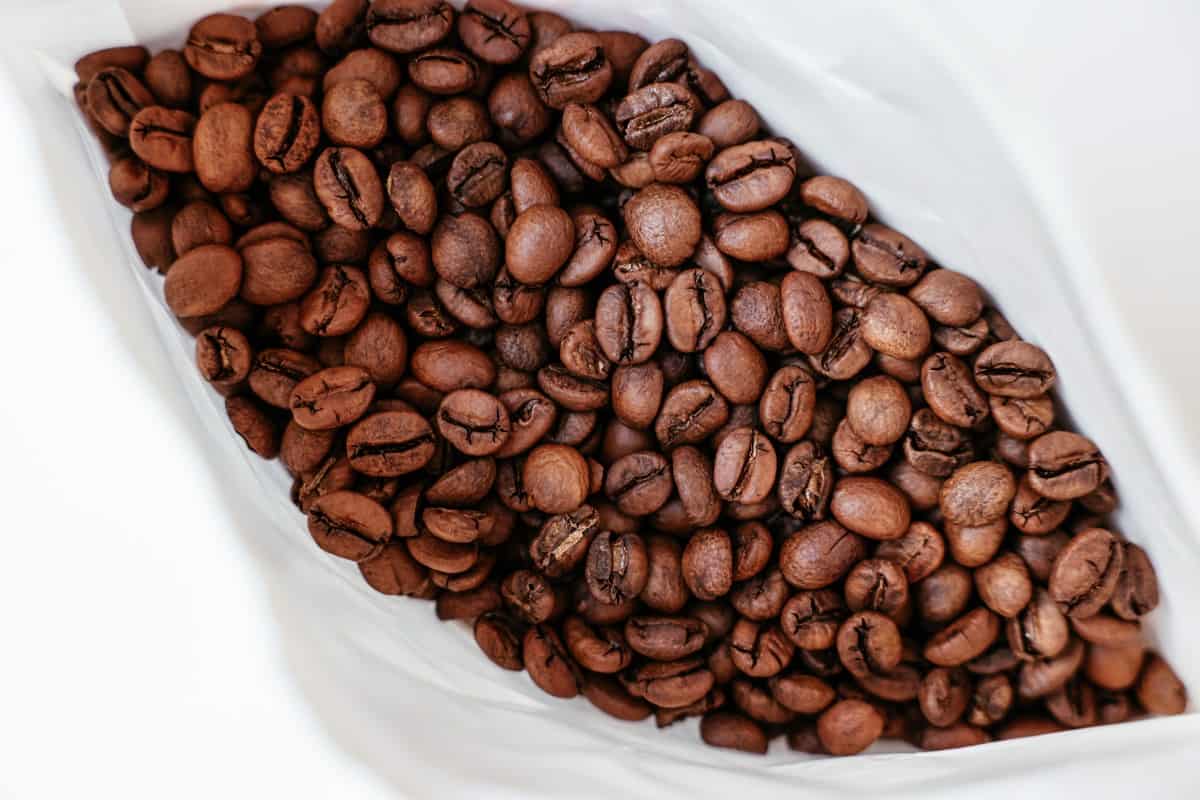
The common component of caffeine produces most energy drinks’ stimulating effects.
Acne is only one of the adverse effects of caffeine that have been connected. Caffeine contributes to acne by causing your body to emit stress hormones, which in turn stimulate your skin’s oil glands to generate more oil.
Coffee oil is appealing to acne because of a number of its qualities. Being an oil and sebum emollient, it can assist your body in maintaining a healthy balance of natural oils.
Additionally, it has the potential to clog pores and cause acne by being comedogenic.
Because it interferes with sleep, coffee may also contribute to acne. Sleep disruption can boost your cortisol level, and when your cortisol level rises, it triggers your skin glands to generate more oil.
Acne outbreaks and clogged pores are caused by the skin’s excessive oil production.
Pimples on the skin and facial redness might result from consuming too much coffee. Dehydration may result, which is harmful to your body as well.
Dehydrated skin does not necessarily mean dry skin; it can also have an oily complexion. Dehydration can cause dry areas, discomfort, discoloration, and acne breakouts.
Can Energy Powder Drinks Make You Breakout/Acne?
It has been determined that diets with high glycemic indices induce acne, and sugar has a high glycemic index.
Energy powder drinks can increase your energy levels, focus, and ability to concentrate. On closer inspection, however, some negative impacts linked to the usage of energy drinks can also be seen.
Energy powder drinks are known for causing extreme anxiety, energy dumps, and occasionally fainting.
They have high levels of caffeine and less of the amino acid L-theanine, which is usually thought to have relaxing properties.
It elevates your cortisol level since it has been related to increased anxiety. Energy drinks’ cortisol contributes to acne and greasy skin.
Foods that Can Help in Preventing Acne
A few meals can aid in acne prevention. Omega-3 fatty acid-rich foods may aid in the reduction of acne. Several foods high in omega-3 fatty acids are listed below.
- Walnuts
- Flaxseeds
- Chia seeds,
- Hemp seeds
- Seaweed
- Algae
Additionally, limiting your caffeine intake can help you avoid developing acne. To achieve this, just ingest an energy drink with less caffeine.
Low Caffeine Energy Powder Drinks
Zipfizz
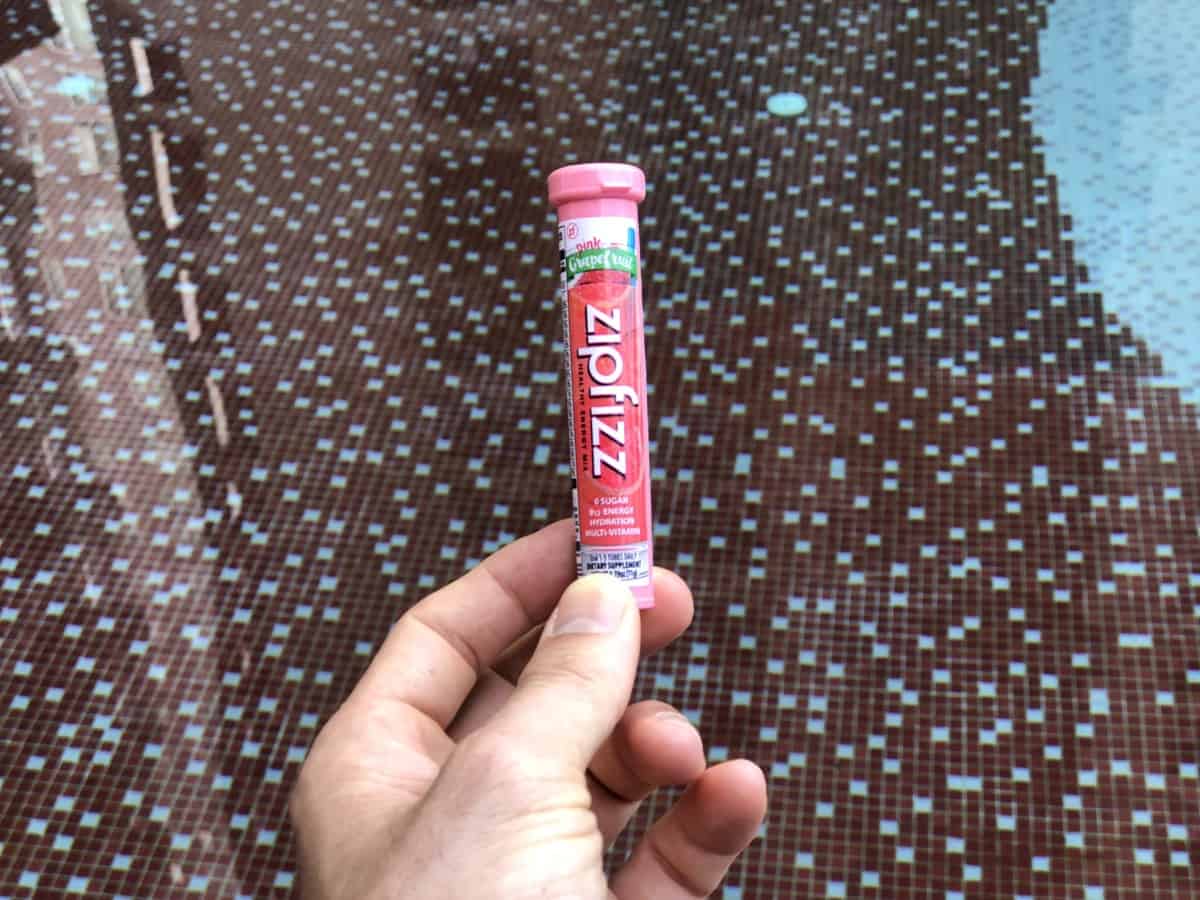
Zipfizz Healthy Drink Mix will boost your body’s fuel system. A boost of micronutrients will help you increase and stimulate your energy.
It has a great taste and is a nutritious energy drink full of vitamins, minerals, and essential amino acids that prevent dehydration and support your body’s natural defenses.
| Caffeine | 100mg |
| Potassium | 950mg |
| Magnesium | 100mg |
| Vitamin C | 500mg |
| Zinc | 7.5mg |
The sophisticated formula of this beverage contains antioxidants, 100 milligrams of caffeine, 950 milligrams of potassium, 100 milligrams of magnesium, Xylitol, Vitamin B12, and other ingredients that help produce energy, lower stress levels, improve performance, and increase alertness.
Advocare Spark
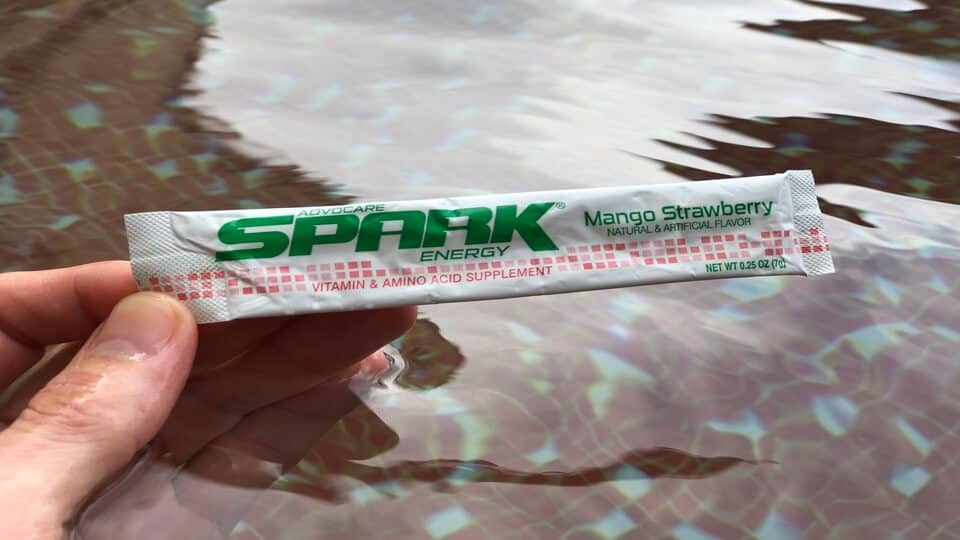
Advocare Spark is available in little sachets that fit easily in your pocket and are easy to carry.
Advocare Spark has 45 calories, 120 mg of caffeine, and 0 grams of sugar per pack.
You can stay awake and aware while choosing a relatively healthy energy drink with Advocare Spark. There are other taste possibilities for the powder as well.
Sqwincher

The first and only energy drink powder on our list to be caffeine-free is Sqwincher. If you want a surge of energy, but don’t want any caffeine in your energy drink, try this one.
Each packet has 45 calories, 11g of sugar, and 0mg of caffeine. The sugar content may be a little concerning, but it is still much below the daily sugar allowance.
Conclusion
- One of the leading causes of acne outbreaks is consuming energy drinks with powdered caffeine. The components in energy powder drinks are to blame for these breakouts.
- Sugar increases blood sugar levels and contributes to inflammation and acne. Due to its disruption of hormonal balance, caffeine use can also result in acne.
